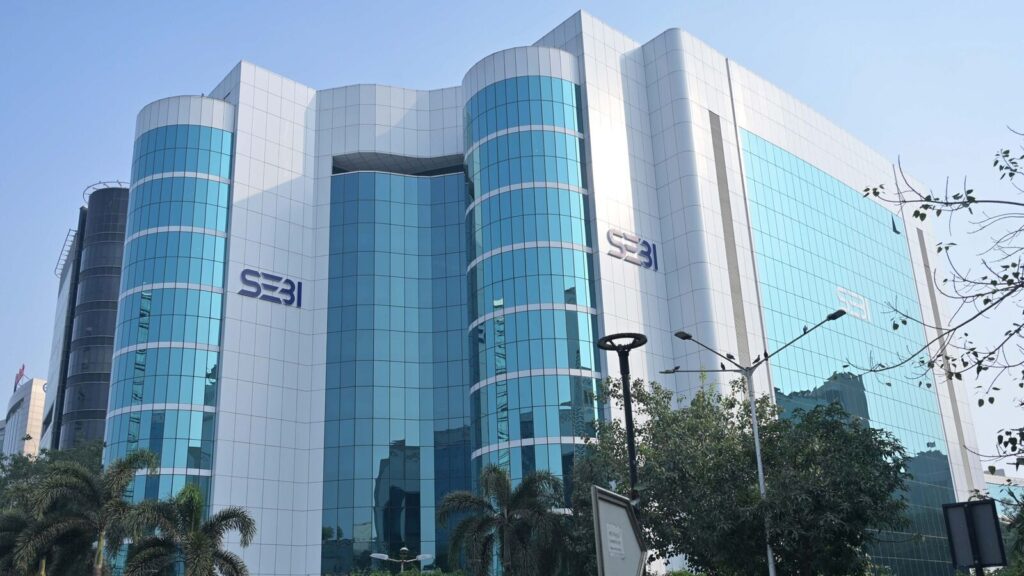Property buyers can no longer adjust the purchase price for inflation at the time of sale, negating the impact of the tax cut. That’s because the indexation benefit, removed for properties purchased or inherited on or after 2001, effectively worsens the tax impact.
For instance, a property purchased for ₹1 crore five years ago and valued at ₹1.47 crore today would incur a tax of ₹7.01 lakh without indexation, compared to ₹5.1 lakh with indexation. This represents a 37.54% increase in tax outflow despite the lower tax rate, explained Feroze Azeez, deputy chief executive of Anand Rathi Wealth Ltd.
“Our analysis of 1,686 properties held by clients on which we had information revealed that with indexation benefits, and at an effective tax rate of 23.92%, the tax liability is ₹184 crore, whereas without indexation at tax rate of 14.95%, it is ₹257 crore, which is 39.2% increase in tax liability post-budget,” said Azeez.
Here is how it works: Let’s say the cost inflation index (a measure of inflation) has increased from 100 to 150 over five years, and the value of a property bought for ₹1 crore five years ago has appreciated to ₹1.6 crore.
With indexation, the earlier long-term capital gains tax rate applied to the gain of ₹60 lakh after adjusting for inflation—20% on ₹10 lakh ( ₹60 lakh – ₹50 lakh). Under the new rule, the long-term capital gains tax is 12.5%, not 20%, but because there’s no adjusting for inflation, it will apply to the entire gain of ₹60 lakh.
So the effective tax to be paid is ₹2 lakh with indexation, and ₹7.5 lakh without adjusting for inflation.
Also read | Capital gains tax shocker: What should investors do next?
“The removal of indexation benefit could have been done in a more tax efficient way—either by grandfathering the fair market values or indexed cost of acquisition of properties till the budget day,” said Bijal Ajinkya, partner at law firm Khaitan & Co. “This would have been in line with the government’s philosophy of consistency and certainty in tax regimes.”
Grandfathering refers to allowing old rules to continue in certain situations, such as making the updated rules applicable only to new investors.
Other options now more attractive
Market experts are hoping the proposed amendment will be modified when the Finance Bill is taken up in Parliament.
“This is disadvantageous for current property owners, but those planning to buy a new property will know exactly what they are getting into,” said Nirav Karkera, head of research at financial services platform Fisdom.
Although the direct effect on consumers may be minimal, from an investment perspective, there could be a slight impact as money might be redirected to other avenues, he added.
Typically, real estate generates returns of 3% to 5%, whereas other asset classes offer higher returns, said Samir Shah, head-online business, Axis Securities Ltd. So, investors with short- to mid-term investment goals may choose to explore other options, he added.
Also read | Capital gains tax changes are in line with investor expectations
Saurabh Rathi, managing director and co-head (real estate), at Motilal Oswal Alternates, said gains from real estate are often reinvested in the same sector, with end users upgrading or investors rebalancing their portfolios.
The budgetary amendment is unlikely to impact either group significantly, he said, but anticipates that cities such as Delhi-NCR and Hyderabad that have seen significant price hikes and investor activity over the past 2-4 years may be slightly more affected than other cities.
For developers, a potential capital gain
Preeti Sharma, partner, global employer services, tax and regulatory services, at BDO India, a business and tax advisory, is of the view that investors will now be mindful and dispose of their properties only if they intend to invest in another property that’s eligible for exemption from the capital gains tax.
Gains from the sale of a property can be reinvested into new properties without attracting long-term capital gains tax, up to a cap of ₹10 crore.
This could potentially benefit real estate developers as property sellers may be more motivated by the budgetary changes to reinvest their proceeds into new developments. For real estate, the holding period for long-term capital gains remains 24 months.
“As per our estimates premium/organized developers have been able to give superior property returns vs. peers at early double digits and hence may be largely insulated sentimentally,” HDFC Securities Ltd said in a flash note following the budget announcement.
Also read | Startups, investors buoyed by twin tax wins in “dream budget”

